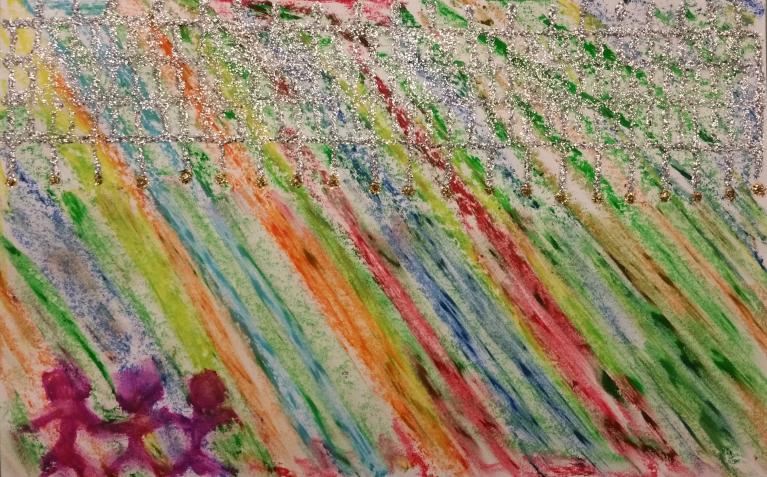February 16, 2016 - 11:49


In “Awakening From the Trance of Unworthiness,” Tara Brach writes about the individualistic culture of the Western world and the collective culture of the East. She claims that the West’s “distinctive mode of identification is as individuals, without stable pre-existing contexts of belonging to families, communities, tribes or religious groups”. This viewpoint may be derived from her privileged existence as a white woman. While I agree that the West may be more individualistic, I think this is exceptionally true for straight white men and women. The need for a community or familial base is diminished; society serves as that safety net. Individuality is certainly not afforded to everyone (i.e. people of color). In Between the World and Me, Ta-Nehisi Coates writes about the fear of loosing his body and the imminent attack on Black bodies by so many (police, teachers, peers, etc.). His every move as an adolescent was intentional and served as effort to protect from the loss of his body due to structural or physical violence. He relied heavily on his community to support and protect him just as he would support and protect them from the attack of a white society. Brach says, “Managing life from our mental control towers, we have separated ourselves from our bodies and hearts”, yet Coates calls upon the utmost connection between body and mind as a necessity for survival. How might Brach’s statements be different had she suffered the peril and loss of self at the hands of White America? Would she stand by her stark claims of an individualistic world?
